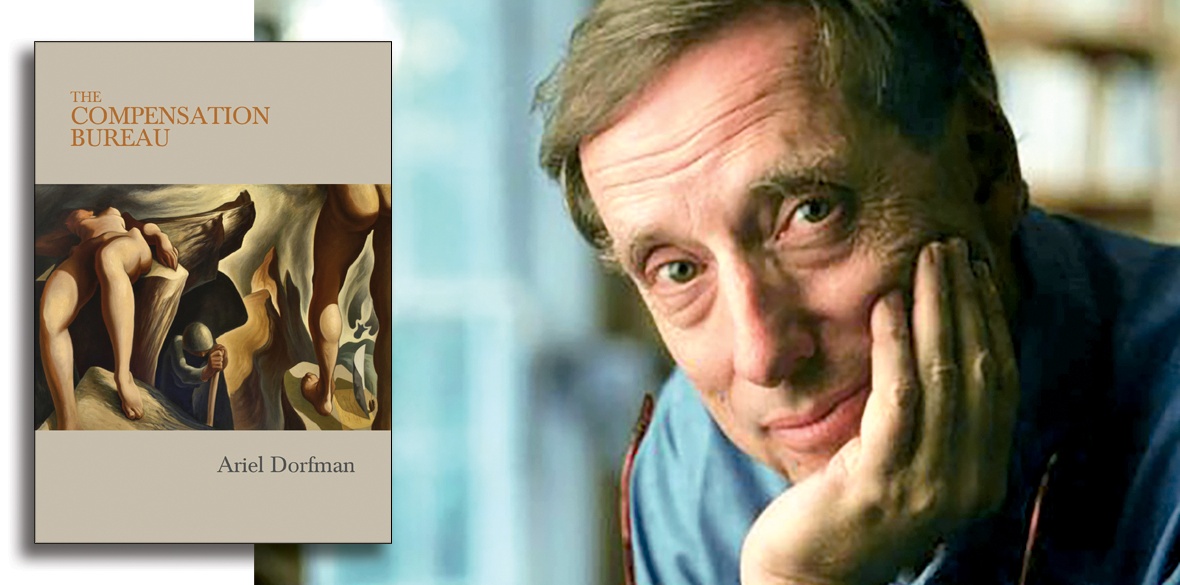This is the last article you can read this month
You can read more article this month
You can read more articles this month
Sorry your limit is up for this month
Reset on:
Please help support the Morning Star by subscribing here
The Compensation Bureau
By Ariel Dorfman
OR Books £12.00
BORN in Argentina, Ariel Dorfman, who luckily escaped from Pinochet’s killers in the 1973 Chilean coup that overthrew Salvador Allende, is a world-renowned dramatist and novelist whose work largely deals with tyranny and exile.
He is best known to British readers for Death and the Maiden, his powerful play and film in which a previous torture victim later confronts her oblivious torturer.
Here, in what he sombrely calls his parable, he has chosen to “write about love in the time of Apocalypse.”
The literary parable, with its Biblical roots, has been defined as a short tale that illustrates a universal truth.
Dorfman’s lesson is one which, he doubtfully hopes, his vision of the approaching Armageddon may be proved wrong.
Set within a mysterious domain of Guardians, Safekeepers, Overseers and Custodians, who at the very beginnings of time were appointed to administer the universe, the Compensation Bureau is a department established by the High Commission to deal with the “glitch” that appears to have destabilised that little rock in space, the Earth, which is sinking into violence and self-destruction.
The role of the Bureau’s Lazarus Project is to provide compensation for those multi-thousands of innocent sufferers, deprived prematurely throughout human history, by physical savagery or deprivation of their earthly existence, by temporarily resurrecting them and providing them individually with a digitally researched, comforting afterlife — “Their journey as it might have been, what they never got to fulfil for themselves.”
The tale is told by one of the “Actuaries” unfortunate enough to fall in love with one of his customers who, at her agonising rape and murder, feels “they can kill me but they cannot kill my love.”
Favouring her with numerous rewarding afterlives, his contravention of the rules leads to a formal inquiry into the running of the Bureau’s extravagance and a virtual Socratic questioning of its philosophy.
Given the complications of history, how was it possible, on “the sliding ambiguous slide of justice,” to judge those in between the absolutely innocent and the most wicked transgressors.
Shouldn’t the latter be awakened and punished with an imagined afterlife and, if so, would it not be an infringement of their liberty?
“Are you Guardians not betraying humanity by creating a bland world without conflict or combat?”
The calamitous decision is to call time on this troubled world — a decision, Dorfman reluctantly believes is at hand.
As world crises accumulate daily and mankind’s political leaders appear incapable of understanding let alone acting to work together for species survival, The Compensation Bureau reads as anything but a fanciful entertainment.











